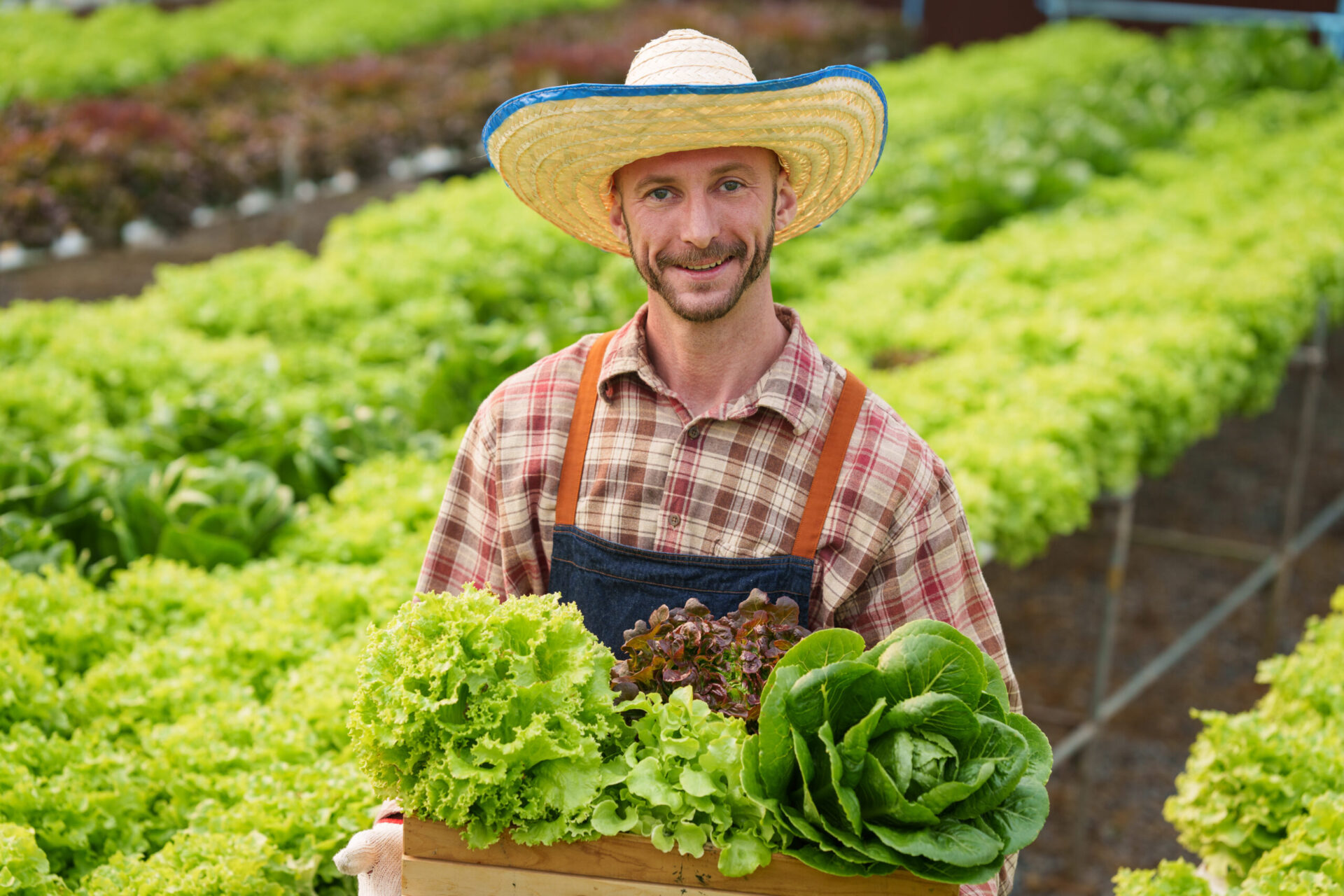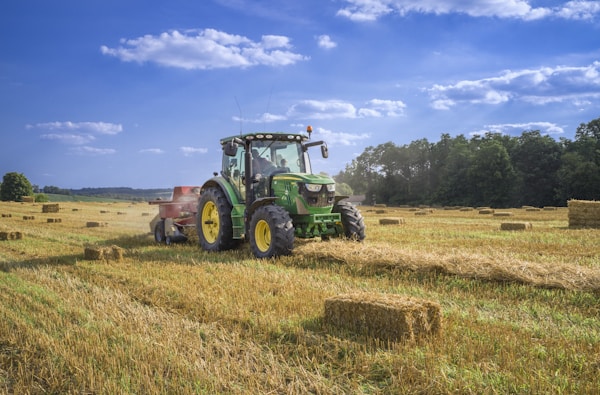
How To Start a Farming Business
Starting a farming business can be quite rewarding, both financially and personally, as it allows you to become self-sufficient and work closely with nature. However, it can also be a challenging and complex endeavor, requiring extensive planning, research, and resources. In this article, we’ll guide you through the necessary steps to start your farming business and set you up for success.
Develop a clear business plan.
A solid business plan is the foundation of any successful farming venture. It serves as a roadmap that outlines your goals and strategies, helping you to stay focused and manage resources efficiently. Start by identifying your target market and researching what specific niche you want to fill. This may include traditional crops or livestock, organic farming, or specialty operations, such as agrotourism or aquaculture.
Next, create a budget that includes your initial start-up costs, as well as ongoing expenses such as labor, equipment, and feed. Make sure to also factor in any required permits, licenses, or necessary certifications, depending on local regulations. As part of your business plan, it’s also essential to consider your financing options, such as loans, grants, or investors, to secure the necessary capital.
In addition, don’t forget to cover risk management by looking into life and disability insurance options to safeguard your family’s financial security. Life insurance and disability benefits are essential when starting any business.
Choose the right location and infrastructure.

Choosing the right location for your farm is crucial for ensuring optimal growth and profitability. You’ll need to consider factors such as soil quality, climate, access to water, and proximity to markets. If you’re starting from scratch or looking to expand, partner with a reputable company like agricultural construction Saskatchewan to help you design and build a functional, cost-effective farming infrastructure.
When planning your farm’s infrastructure, consider the specific requirements of your chosen niche. For example, certain livestock operations may need more elaborate fencing, shelter, and waste management systems, while crop farms will require adequate storage and processing facilities. Additionally, evaluate the sustainability of your practices and look into incorporating energy-efficient and renewable technologies to reduce your impact on the environment and save on operational costs.
Acquire necessary equipment and resources.
Equipping your farm with the right tools and resources is essential for efficient operations and a profitable business. Make a list of all the equipment and supplies you’ll need, such as tractors, harvesting equipment, irrigation systems, and feed storage facilities. Shop around for the best deals and consider leasing or purchasing used equipment to save on upfront costs.
In addition to equipment, you’ll also need to procure other necessary resources such as seeds, fertilizers, and pest control methods. Research which suppliers offer the best quality products at affordable prices while keeping in mind any specific requirements for your niche, such as using organic or non-GMO seeds. Don’t forget to also explore any available government programs or subsidies that can help offset your costs.
Develop effective marketing strategies.

Having a robust marketing strategy in place is crucial for attracting clients and ensuring profitability. Start by analyzing your target market and determine the most effective ways to reach them. This may involve creating a website, utilizing social media, attending farmer’s markets, or partnering with restaurants or grocery stores. Aim for a mix of traditional and digital marketing techniques to maximize your reach.
In addition to promoting your products, focus on building strong relationships with your customers and establishing a reputation for quality and reliability. Encourage customer feedback and testimonials to create trust in your brand and leverage this social proof in your marketing efforts. Additionally, consider forming partnerships with complementary businesses, such as meal kit delivery services or specialty food stores, as these can broaden your sales avenues and improve brand visibility.
Altogether, starting a farming business requires thoughtful planning, strategic decision-making, and ongoing commitment to ensure success. Make sure to develop a solid business plan, choose the appropriate location and infrastructure, acquire the necessary equipment and resources, and establish a robust marketing strategy. By following these guidelines and remaining adaptable to changes in the industry and market demands, you’ll be well-equipped to create a thriving farm that benefits both you and your community.
